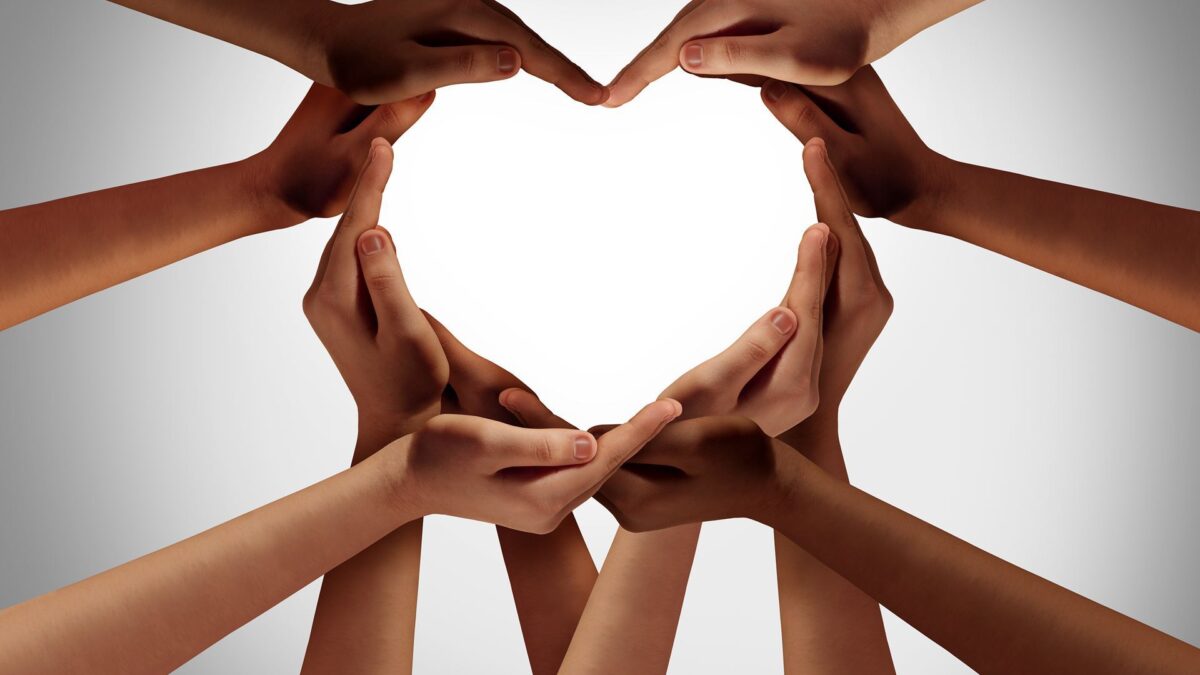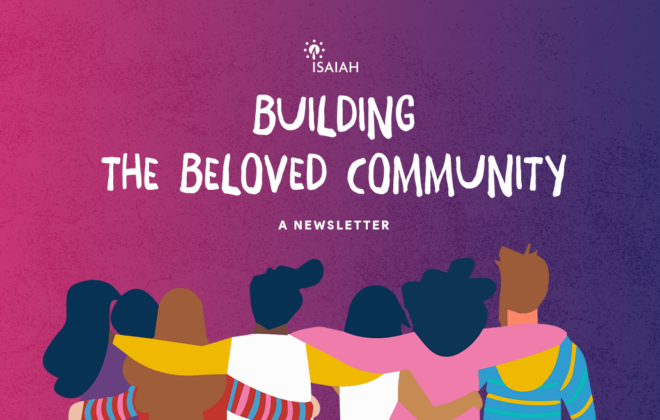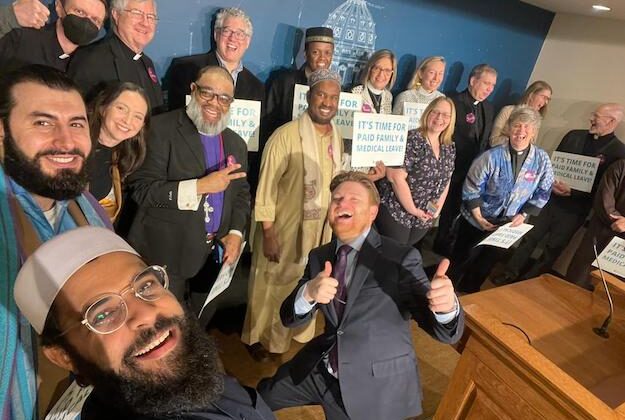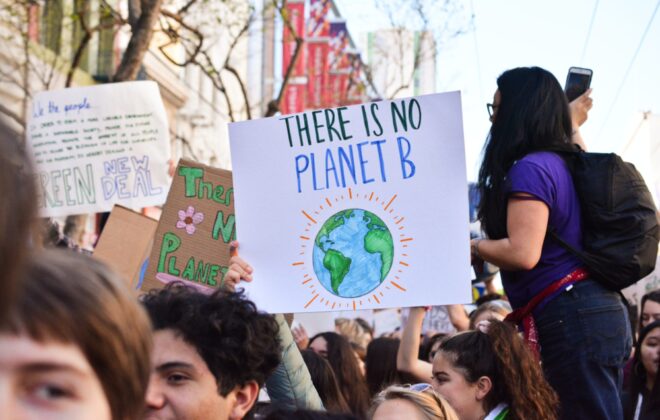
“Now who will harm you if you are eager to do what is good?”
By Rev. Corinne Freedman Ellis, Macalester Plymouth United Church
I never thought I’d say this, but I am really missing the stay-at-home order this week.
Anyone else?
With a stay-at-home order, everything was black and white. We may not have liked it, but we at least knew what the rules were.
But now, everything is all shades of gray. As clergy, we are all navigating so many decisions on behalf of our faith communities, not to mention in our personal lives. Do we send our kids to daycare? Do we let our teenagers hang out with their friends? What is the most ethical way to get groceries? Each decision we make feels impossibly morally consequential.
Friends, I am with you in all of this. It is exhausting.
I’m a Christian pastor and yet I have always been skeptical of the epistles, letters from Christian church authorities to the early church in diaspora throughout the Roman Empire. To me, these epistles always seemed so black-and-white and dogmatic. But I get it a little more, now. The early church was doing a brand-new thing, forced to innovate on the fly, pulled out of their cultural comfort zone and missing all the things that made life feel normal and good. They needed some black-and-white advice.
I found a little bit of wisdom in one of these epistles lately. It was one of the readings in the rotation for last Sunday. We don’t have all day, so I’ll share just a short excerpt from 1 Peter, chapter 3:
“Now who will harm you if you are eager to do what is good?
But even if you do suffer for doing what is right, you are blessed. Do not fear what they fear, and do not be intimidated, but always be ready to make your defense to anyone who demands from you an accounting for the hope that is in you.
Baptism is what now saves you–not as a removal of dirt from the body, but as an appeal to God for a good conscience, through the resurrection of Jesus Christ. Amen.”
This advice is from the apostle Peter to churches in Asia Minor experiencing religious persecution. They were accused of being immoral and disloyal to the Roman government, and they were often forced to separate themselves from much of society to keep themselves safe. They called themselves a people in exile.
What we are experiencing right now is not religious persecution, despite what some of our elected leaders are trying to argue. But I know we can relate to this feeling of exile, of being separated, of being lost. And this advice Peter gives them rings true to me: do not fear. He says do not fear what they fear, and I interpret that to mean, do not fear in the same way as those who allow themselves to be guided by fear.
In this moment, it is so easy to be guided by fear. Our people are sick and dying. Like, literally our people – ISAIAH leaders right here in Minnesota. The toll all of this is taking on our collective psyche is immense. There is so much to be afraid of. But I think we all know what happens when we allow our fear to guide us. We expend a lot of energy on shame and blame. We lose our ability to think creatively and adaptively. We get stuck in an “us vs. them” mindset. We focus on scarcity: all we do not have or cannot do.
But this moment calls us to dig deep for those rituals and practices and all that we have in our faith traditions
that allows us to feel the very real fear of this moment,
and grieve the death that is happening,
and be honest about our situation,
and still not let fear sit in the driver’s seat.
The apostle Peter refers to baptism here as one of the Christian rituals that get us beyond fear. There is a wide variety of practice and theology around baptism, but Christians share an understanding that this ritual is about belonging. We use water as a sign and symbol of our belonging to God, and in my tradition, as a sign and symbol of our belonging to community as well. We belong to God, and we belong to one another because we belong to God.
We make promises, too. The person being baptized, or their parents if they’re a young child, promise to renounce the powers of evil, resist oppression, show love and justice, and witness to the work and word of Jesus Christ as best we are able. We promise to grow together and nurture one another. And as a congregation, we promise our love, support, and care to all of God’s children.
Friends, now is the moment to remember that no matter our faith, we are all God’s children. We all belong to one another. And that is both a blessing and a call. It means we get to receive love, support, and care – but it also means that we are called to live into loving, supporting, and caring for all our neighbors. We may be making hard, shades-of-gray decisions, but we can remember our compass that points us to true north. As Imam Mohamed Omar said at our clergy gathering last fall, in this moment, love looks like organizing.
So let’s go forth in love together, dear ones. Amen.
Related Posts
Categories
- Announcements (11)
- Childcare (8)
- Community Safety (10)
- Criminal Justice (18)
- Democracy (28)
- Economy & Jobs (27)
- Education (16)
- Environment (11)
- Faith (15)
- Health (22)
- Housing (30)
- Immigration (31)
- Islam (11)
- Newsletter (34)
- One Body (2)
- Other Issue Work (14)
- Public Safety (3)
- Report (7)
- Transit (19)
- Uncategorized (40)
- Working Families (18)




